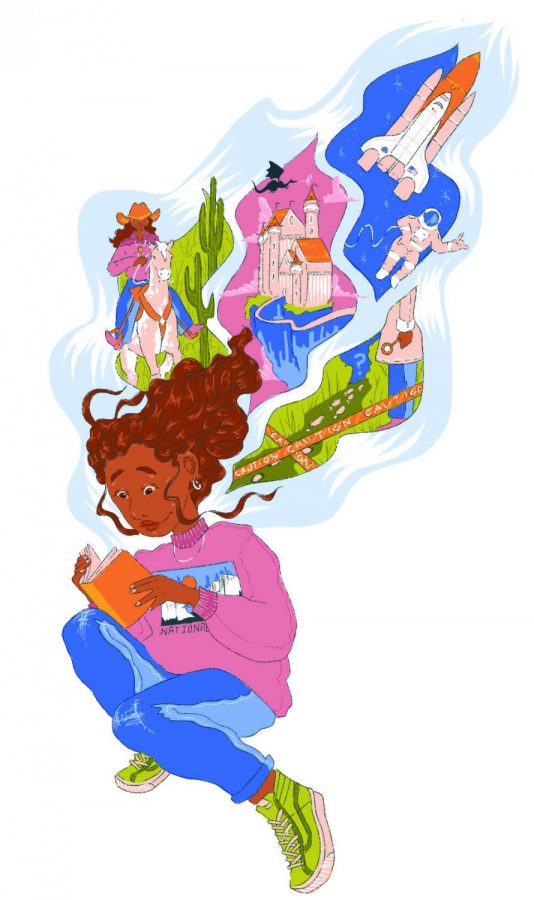Off the Shelf: Dr. Kurt Weyland
October 7, 2021
Editor’s Note: This article first appeared as part of the September 27 flipbook.
The best books transcend time. Enduring 2,800 years of literary life, Homer’s The Odyssey remains reverent for government professor Kurt Weyland.
In his Austin home, Weyland still owns the copy his father gave him as a young teenager in Germany. Weyland said he read and reread The Odyssey three different times, 15 years apart. In verses that Weyland once knew by heart, The Odyssey conveys the lasting themes of human duality, a son longing for his father and a man fighting to return home.
The Daily Texan: What specific part of this story stands out to you?
Kurt Weyland: Think of the story: Here is this guy who fought in the Trojan War for 10 years, and then he wants to go (home). And along the way he gets sidetracked by all kinds of adventures and misadventures, and gets beaten up and pushed around, and his whole crew drowns along the way. … In this case, a man deals with the vicissitudes of fate, and tries to hold against it. By the way, this guy is savvy and smart and gets himself out of a lot of predicaments, but then also gets carried away. It’s just really evocative and it shows the difficulties that the human condition faces. We deal with all kinds of situations that sometimes we get ourselves into by our own mistakes, and we try to do the best under the circumstances, and we are all mixed. We have flaws. We have strengths or weaknesses. We have light sides. We have dark sides.
DT: When you are reading this book, do you feel your life reflected?
KW: I’ve (had a) very charmed and easy life. I haven’t suffered any of the troubles and travails that Odysseus suffered and got himself into, so in some sense it’s very different. But on the other hand, you see across the millennia, that there are parts of the human psyche, of human nature, that are exactly the same. He wants to go home. His son wants to find his father. And it touches me. It’s just totally different circumstances, totally different situations. But you see kind of the basic emotions that move us.
DT: How has your experience as an immigrant changed the meaning of this book for you?
KW: Odysseus goes home because his wife is still there and his son is still there and that is where he’s from. My father died a couple of years ago. My mother is really old. What’s back there (in Germany)? … I’ve built up my life here in the U.S. My wife is here. My sons are here. My sons speak fluent German, and my older son studies German history, but they are Americans and they are here. For me as an immigrant, where’s home? … I’ve built a home here that I’m very happy about and very comfortable with. If I had to follow the fate of Odysseus and get somewhere lost on the ocean, I would come (home) to Austin, Texas.



